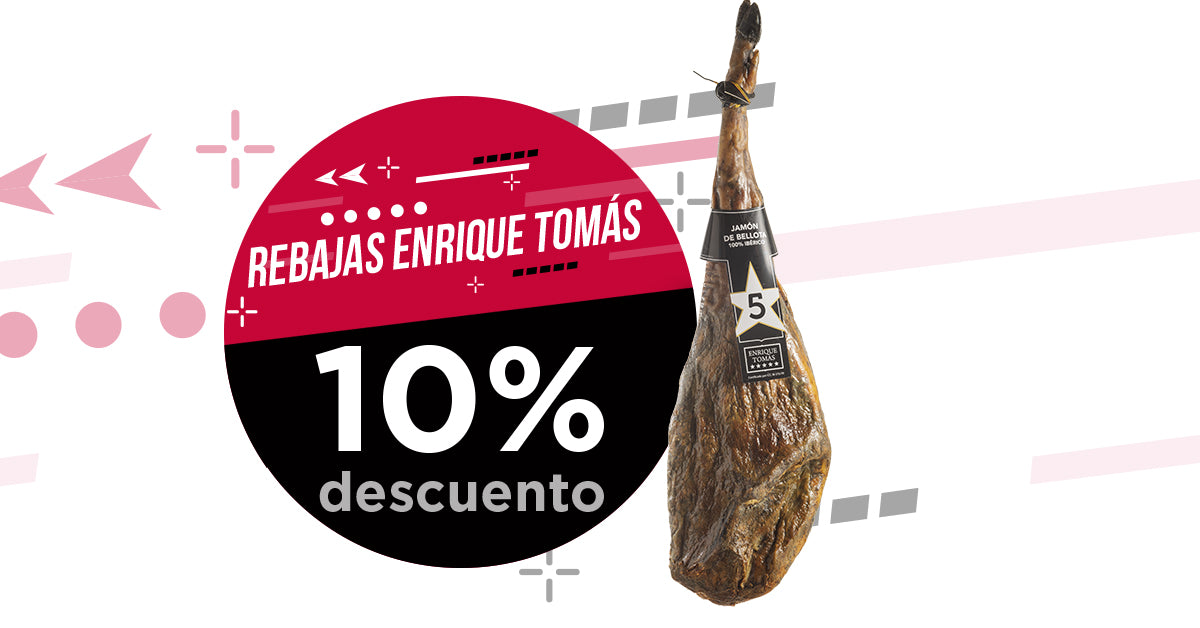
Salting
Salting is a fundamental step in the jamón production process, as it is responsible for preserving the meat and giving it its characteristic flavour. The salting process is carried out after cleaning and butchering the pig.
The jamón is rubbed with coarse salt on all surfaces, including the skin, and left to rest in a cold cjamónber for several days, depending on the size of the jamón. During this time, the salt penetrates the meat and draws out the water, which helps to preserve the meat and prevent bacterial growth.
After the salting period, the jamón is carefully washed to remove excess salt and undergoes a drying and maturation process in which it is hung in a special cjamónber for several months or even years. During this time, the meat undergoes a slow transformation, drying out and acquiring its characteristic flavour and aroma.
It is important to note that the salting process is key to the quality of the jamón, as too much or too little salt can negatively affect its flavour and texture. Therefore, it is essential to follow an appropriate and controlled salting process to guarantee the quality of the final product.



